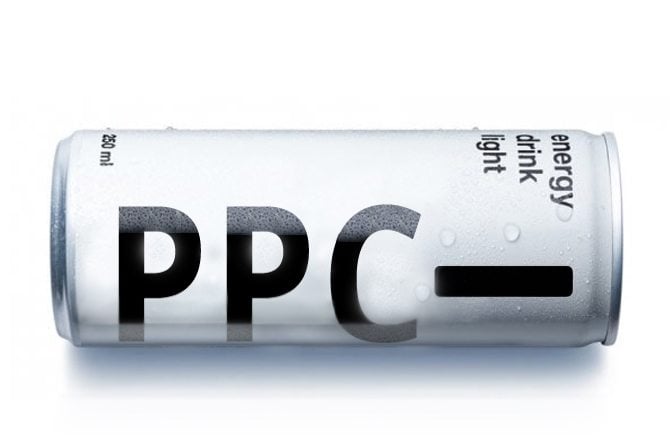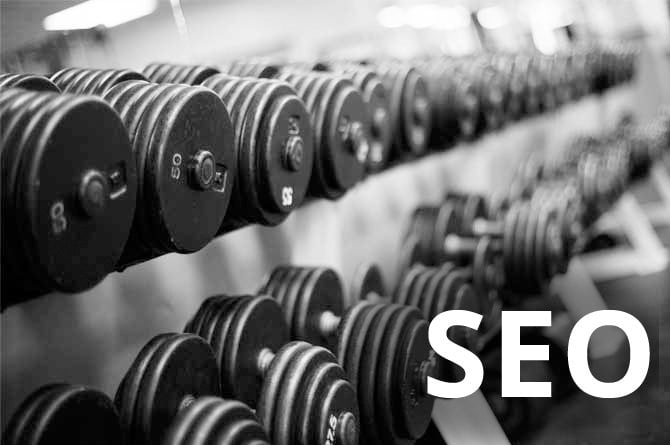SEO VS PPC Comparison? What Should You Choose for Marketing Campaign of Your Site?
We are sure that every website owner faces the issue of newly launched website promotion. The bitter truth is that in case you have no accurate marketing strategy plan, your attempts turn into journey without a map. Some of your tricks may bring the results if you are a smart lucky devil, but most of them fail as a rule.
This blog post is aimed to answer the question most of merchants ask themselves during their endeavors to draw traffic to their sites, convert visitors into customers and get the pay back at last. The guys frequently ponder over the dilemma: SEO VS PPC - which is better? Or what is the difference between SEO and PPC?
You know, some SEO engineers use to say that PPC is like renting a house while SEO is more like buying a property or PPC is an energy drink & SEO is working out at the gym.
Of course a great deal depends on your goals, expectations, priorities, etc., but almost always it's recommended to run different channels together since they allow you to achieve different results and synergy between them.
However, we are not going to make unsubstantiated statements as only weighty arguments should be considered when it goes about your online business success. So, let’s just try to analyze main pros and cons of both methods and only then arrive at some conclusion.
SEO VS PPC comparison – which way to go?
As we've already said above both techniques are good and the choice depends on website masters and their needs a lot. Experts on both sides (PPC & SEO) claim that their system works better than the other and criticize the others workability.
Let’s begin to peck at PPC advantages & disadvantages over SEO
Pleasures:
- Works instantly, just pay and get served. PPC drives instant traffic to a website, if you have sufficient bucks to pay for your business.
- With a limited budget it is recommended to focus on PPC. PPC is more likely to net conversions, especially in the short-term.
- No hard work and time are required.
- There is no need to worry about Google updates and so on...
- No need to search for the name "Matt Cutts" (the head of Google's Webspam team).
- There are no ups and downs in PPC advertising, it’s always plain straight. Just make sure your website is optimized for visitors and nothing else.
- You can choose where, when and for what kind of keywords you wish to rank.
- In PPC everything is simple - the amount you spend is the amount of traffic you get.
- With AdWords or Bing Ads you'll be able to harvest an existing demand.
- It may be difficult to gain, say, 10 projects a month purely using SEO if the competition out there means you'll struggle to get on page one. If this is the case, PPC will allow you to almost force yourself onto the page at a cost that you can afford.
- Your keywords mentioned about have around 10k searches a month in the US (source: Google Traffic Estimator, but take this with a pinch of salt). If you assume a 3% click through rate for top positions - bear in mind that there seems to be a lot of competition so this should be much lower, that's 300 clicks. Apply your 5% conversion rate and that's only 15 leads a month. You'll need both and especially PPC to ensure that you get the above. Just make sure you are targeted with your keywords and geo as much as possible to reduce the wastage. Then use the data you collated through PPC to help refine your SEO strategy.
- Even if your bid for 5-6 position in PPC, you would get the same number of clicks as you get from the number 1 position in SEO.
- The bid for the 5-6 position in PPC you can get sales right from day 1, unlike SEO.
- PPC can provide much more focused and targeted results.
- There is no limit to the traffic brought in by PPC.
Drawbacks:
- No long term value.
- Once you stop paying your website has little lead generating power.
- Like renting a house, it doesn't matter how many years you pay the rent, the house is not yours.
- PPC is pretty much constrained by the campaign dates and budgets.
- While SEO is always essential, PPC can range from utterly useless to essential. It totally depends on which market you are in.
- PPC can be very seductive because you can see quick results and measure them in detail. The ROI is super easy to calculate. But the Google Tax continues to rise and competition will come, and if you're relying on PPC too heavily you could find yourself in a difficult situation. Don't be that frog in the boiling pot.
- CPC costs continue to increase as more advertisers become involved.
Search Engine Optimization
SEO is a thoroughly planned strategy using which you can bring in organic traffic from Search Engines such as Google or Bing.
Unlike PPC Search Engine is free for life time, however it takes time and effort all the while but there is no certain guarantee that your website can rank for a specific keyword. However SEO is still much commonly used than PPC and it is possible to get much greater traffic from Search Engines using SEO than PPC.
Here are some of the advantages and disadvantages of SEO over PPC
Pleasures:
- No need to pay per click.
- In terms of ROI SEO is much cheaper than PPC.
- Surveys prove that People click organic (SEO results) more often than paid ads (PPC results) on Google.
- You can compete for any keyword and there is no system of tender or so.
- SEO is much more permanent and you own your website’s traffic.
- Trust value surveys prove that people credit company ranking organically more than they do with PPC results.
- The beauty of SEO is that it is not directly proportional to investment as it is in the case of PPC. It's all about creativity and thinking ahead of the curve.
- Proper SEO activities, such as on-page optimization, stay with the page unless you change it.
- More competitive industries, where big brands are present, can be much more difficult to rank for organically, and PPC can get very expensive. If this is the case, utilizing a SEO approach where you target longer tail keywords (4+ word keyword phrases) can help reduce competition and increase your chances for organic rankings. Plus, targeting the long tail generally drives highly qualified traffic - so you may not get as much traffic, but the folks you do get will most likely convert at a higher rate.
- If you use the services of a search marketing agency or dedicate enough of your time for keyword research, you will definitely cover all aspects of the buying cycle and get the desired amount of projects within the specified time frame.
- SEO (done right) is about making your site findable, navigable and readable. You want to ensure that the people looking (aka searching) for your site, content or service will find you. Getting to that point is incredibly important and can help in all aspects of your business.
- Only 1 in 10 people click on Google adverts. This does differ for certain demographics, for example this ratio is higher for over 40s. That means 9 in 10 people look for organic results.
Drawbacks:
- SEO does drive organic traffic to the website, but it takes time to get noticeable results.
- SEO depends on quality links.
- Some SEO companies are simply spammers.
- SEO results are subjected to change of Search Engine’s Algorithm updates.
- There is a possibility of negative effect if SEO is not done properly.
- Not applicable for some niches such as Ticket sales or limited time offers as SEO never works instantly.
- SEO is the long term solution but probably won't get you the leads you need at the speed you need it. Putting SEO off in favor of PPC and to save costs in the short run isn't the right thing to do.
- SEO is much more of an art than a science, no guarantee that the spent on SEO will be all that beneficial beyond what you can do on your own.
- If you are putting all your efforts on SEO, even if you rank number 1 in it, in Google your position is number 4 as the first 3 positions in the page are from AdWords.
- Even once you rank high, if you do not continue SEO work your rankings may begin to slip.
- It’s a false truth that SEO is free as it is definitely not. Fundamental part of SEO is content and someone has to spend time to write it and promote it (and that costs money - even if you do it yourself).
Conclusion
To sum it all up - SEO is not better than PPC - it's a different customer acquisition channel. You can think of it as owning a home but not the land, you need to own both. No doubt they both contribute and return a higher ROI. A well-executed SEO campaign serves as a long-term, relatively low-cost traffic source. Technically, it's free (depending on your overhead). Whereas PPC requires a constant influx of money to keep it running. PPC is good for short-term, immediate traffic growth, SEO is good for generally slower, but long-term traffic growth. It is wise to utilize both tactics as studies have shown a significant lift in traffic and awareness when using both SEO and PPC in tandem. We would advise PPC to get the ball rolling and SEO for long term.
Have any questions, comments, advice, suggestions or personal experience? Please share any of the above with the community. Your feedback is welcome at the comment section.
Get more to your email
Subscribe to our newsletter and access exclusive content and offers available only to MonsterPost subscribers.




Leave a Reply
You must be logged in to post a comment.